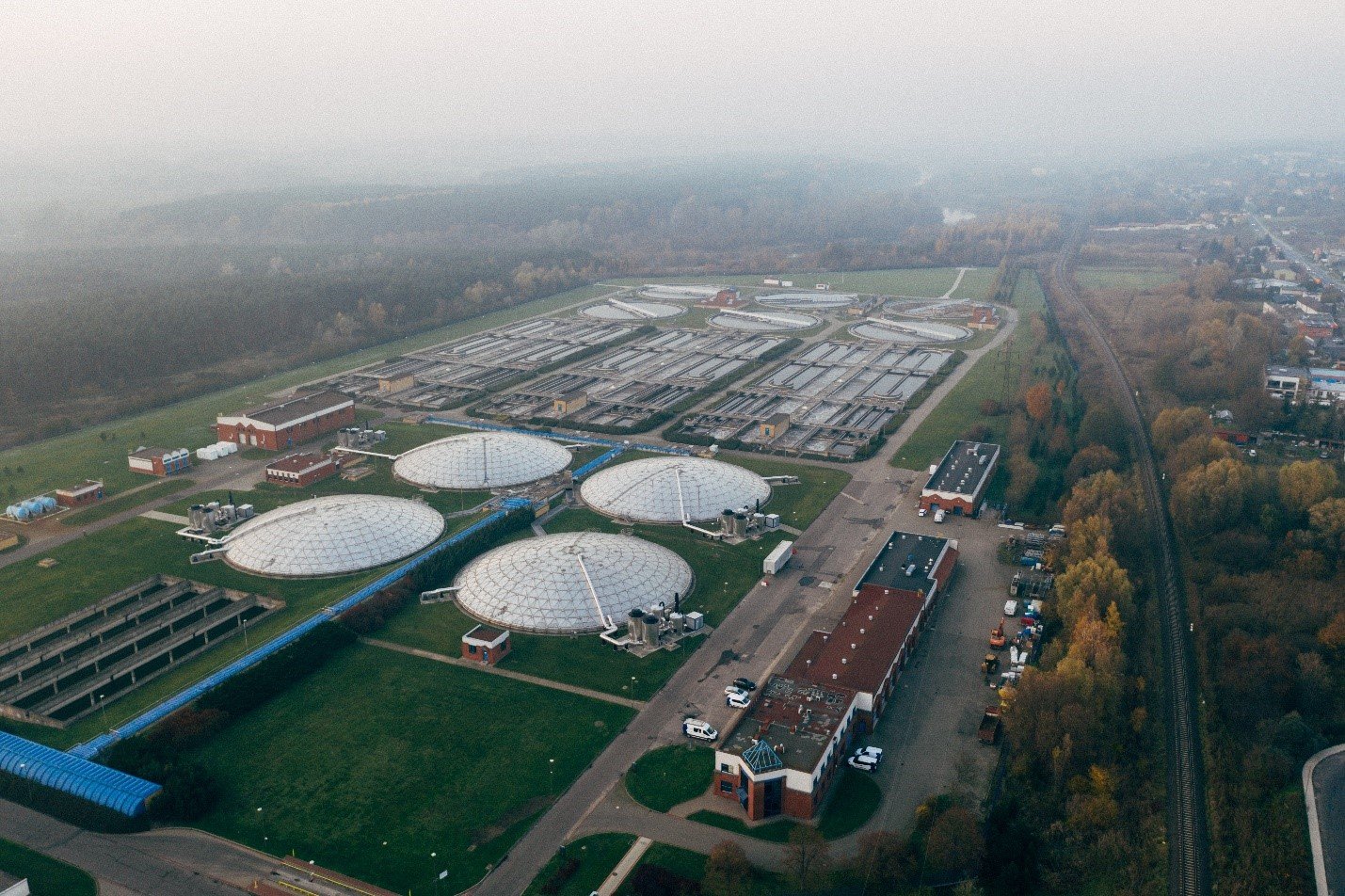In Pakistan, a country where folklore, superstition, pseudoscience and scientific ignorance is rampant, bioterrorism will be an even bigger threat.

Biosecurity is defined as ‘prevention of misuse through loss, theft, diversion or intentional release of pathogens’. This is due to the advancement in biotechnology that has taken the world by storm. As biotechnology advances even further, the topic of biosecurity will become even more important than it is today due to the looming threat of bioterrorism.
50 years ago, the world’s best supercomputer used to fit inside an entire building. Today, the mobile phones in our hands have more computing power than the best supercomputers of the bygone era. While the size and complexity of a computer has diminished; its affordability and computing power have increased.
Can we expect the same thing from biotechnology? Today only science labs have access to the apparatus required to sequence, synthesize and engineer genetic material like DNA or RNA. What guarantee do we have that in the next 50 years the ability to sequence and synthesize DNA won’t become available to you inside the comfort of your own home?
Consider this, the human genome project took more than a decade and a billion dollars to complete. Today, scientists can easily sequence an entire genome in a single day using next generation sequencing (NGS).
That is an enormous decrease in time, energy and cost yet an exponential increase in accuracy, accessibility and efficiency. But why is it important to know about all of this?
Smallpox wiped out nearly one third of the entire world population until it was eradicated in the 20th century because of vaccines. The last known natural case of smallpox was recorded in Somalia in 1977 however, the last person to die of smallpox was Janet Parker in September 1978.
Janet was a medical photographer at the University of Birmingham Medical School who contracted smallpox when a variant of the virus somehow escaped from Henry Bedson’s virology lab in the same facility.
Why am I telling you all of this? It’s because the entire genomic sequence of that smallpox variant is freely available on the internet. Sure, only a handful people know how to interpret that information and what to do with it however, as biotechnology advances and more and more people gain access to those techniques; imagine the level of risk that would bring. It would be like if someone leaked the instructions of how to make a nuclear bomb.
Even two decades ago when biotechnology wasn’t as advanced as it is today, an unknown person mailed his victims letters containing anthrax spores that would go on to kill 5 people and injure 17 others. Imagine the biohazard that would cause if we remain ignorant of the danger of bioterrorism.
The point of this article is to educate and spread awareness about a phenomenon that has the potential to cause mass devastation in the future. It is to elucidate the importance of biosecurity. It encourages common people to pursue scientific knowledge in order to be prepared for the future.
In Pakistan, a country where folklore, superstition, pseudoscience and scientific ignorance is rampant, bioterrorism will be an even bigger threat.
We still have the ability to avoid this bioterrorism threat if we prioritize science and rationality. We must put our trust in what science has to say and make policies based upon that. Moreover, thought leaders in life sciences need to educate the masses about biosafety and biosecurity as much as possible and ensure that no one has to go through what Janet Parker and her family went through.